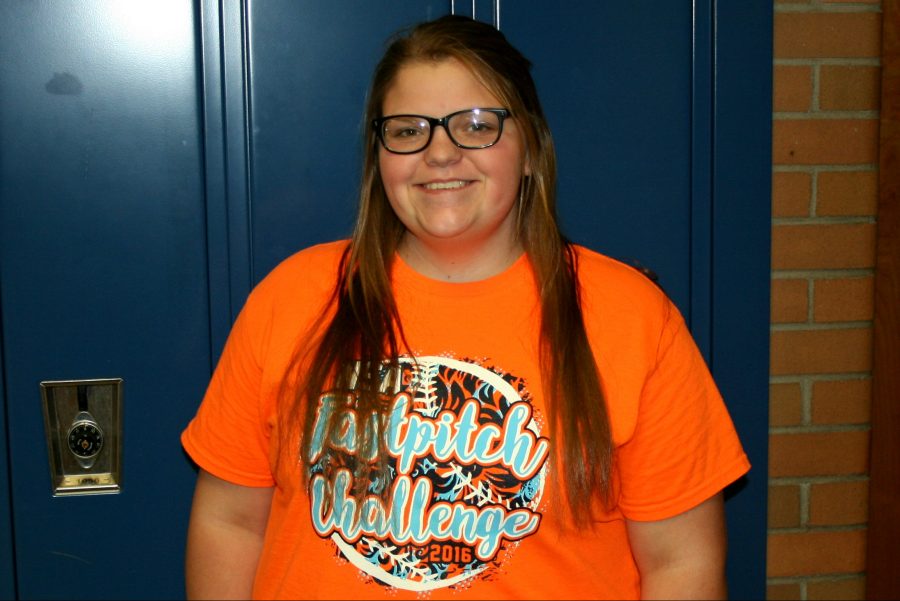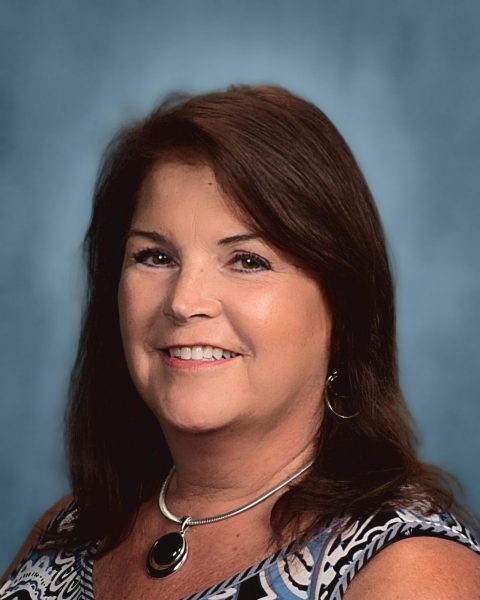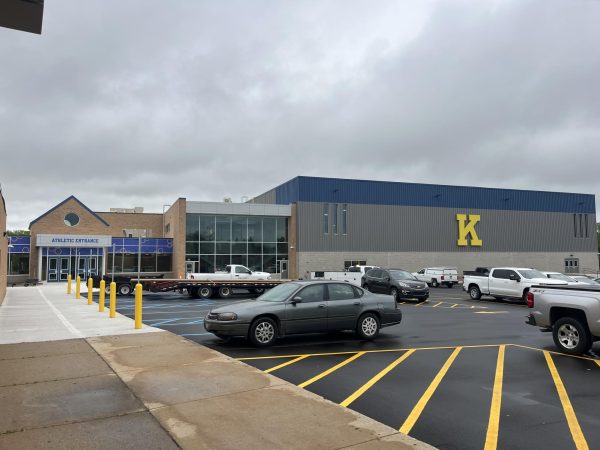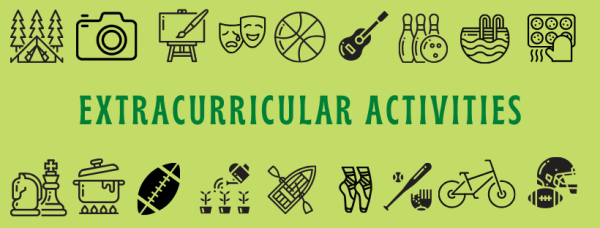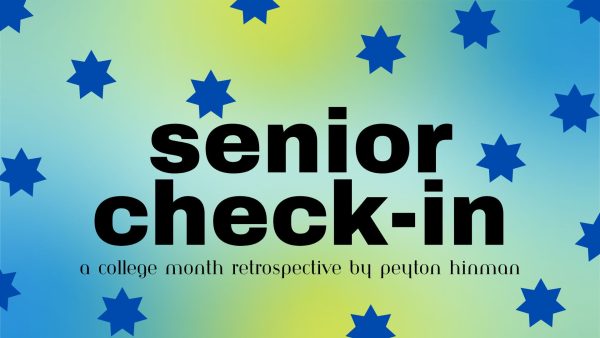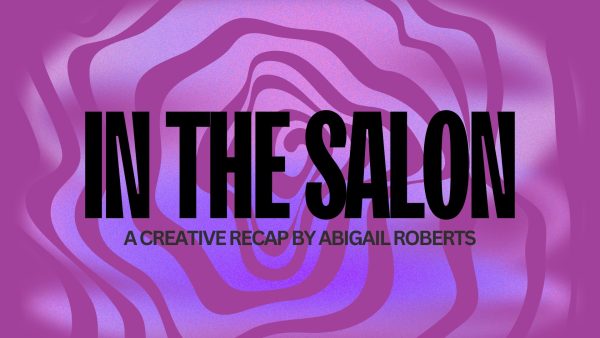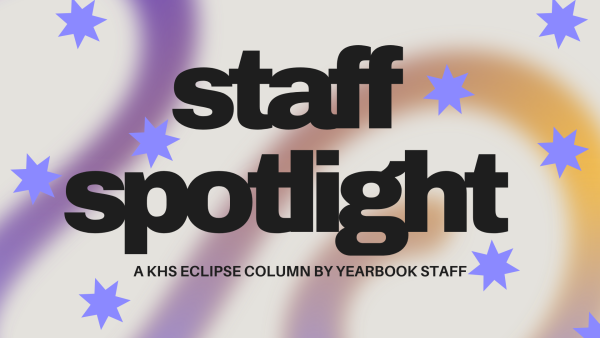Later start times influence student performance, says Academy of Pediatrics
IMAGE / Haylie Brooks
Senior Abigail Watts wishes school started later so it would be easier to wake up and get to school on time.
More than 85 percent of public middle and high schools in the United States begin school before 8:30 a.m.
But the school day starts at 7:30 a.m. for students at Kearsley High School, which is a problem because students tend to have more absences and tardies in their first hour than other hours of the school day.
Senior Abigail Watts would like school to start later.
“It is difficult some days to get to school on time,” Watts said. “I believe if school started an hour later, kids would improve on getting to school on time.”
The American Academy of Pediatrics issued a policy statement in 2014 recommending that middle and high schools start class no earlier than 8:30 a.m. because adolescents have unique sleep rhythms that make it harder for them to go to bed and wake up earlier than other people.
Students often complain of being tired and not getting enough sleep.
Sleep deprivation can lead to anxiety, depression, mood swings, diabetes, and other chronic illnesses. In addition, it reduces the quality of productivity.
Students like senior Hannah Bailey say they come to school tired and cannot learn to the best of their ability due to life outside of school and early start times.
“When I come into first hour, I’m usually still tired,” Bailey said. “First hour is usually my lowest grade, and I think it’s because class starts too early.”
In addition, Bailey said it’s difficult for her to get enough sleep because once she comes home from work, she still has homework to do.
Young adults need at least nine hours of sleep every night along with later wake and sleep times.
Studies have found that later start times for school improve students’ behavior.
Lack of sleep leads to irritability among students creating problems.
However, Ms. Kari Shaw, English teacher, said any time a school starts, students will not like it.
“I think students will complain about it being too early no matter what time school starts,” Shaw said. “Students come back from breaks still complaining of being tired.”
Schools participating in a later start see better academic scores, fewer automobile accidents, and report greater motivation within students.
In Michigan, some schools with later start times include Williamston High School, which starts after 8 a.m., and Sturgis and Ypsilanti high schools, which went from a 7:30 a.m. start time to 8:15 a.m.
Freshman Stacia Tipton likes the idea of a later start time and thinks later starting times will benefit students.
“School should start later because then students will get more sleep,” Tipton said. “They would be less likely to miss the bus or be tardy for school.”
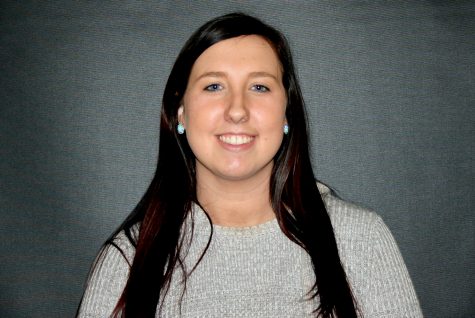
Senior
Birthday: December 15, 1998
Extracurricular activities: Work
Hobbies: Hunting, fishing, and Netflix
Plans after high school: Go to...

